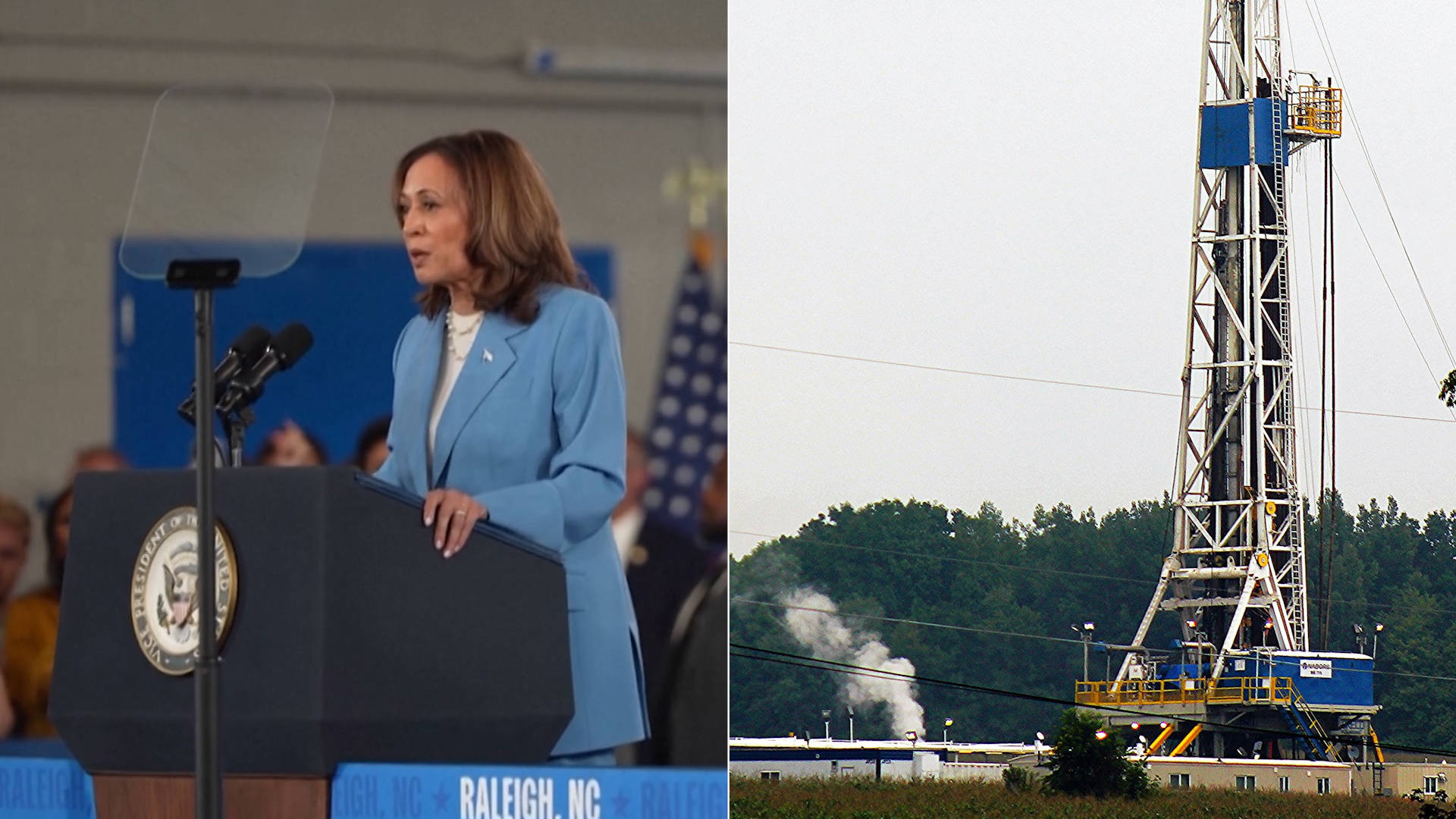- cross-posted to:
- uspolitics
- [email protected]
- cross-posted to:
- uspolitics
- [email protected]
In her first major interview since replacing Joe Biden on the ballot, Democratic presidential nominee Kamala Harris was questioned about her shifting statements on fracking, which has been linked to a surge in methane gas emissions over the past decade.
Harris, who has previously made comments opposing fracking, vowed not to ban it if elected. The vice president went on to highlight the Biden-Harris administration’s environmental record, which activists have criticized for vastly expanding oil production rather than drawing down the country’s reliance on fossil fuels.
“The data is telling us that what Kamala Harris said about fracking — that we can do it without dealing with reducing the supply of fossil fuels — it’s just not borne out by the numbers,” explains The Lever’s David Sirota, who adds, “Ultimately, consequences for that will be on the United States, for the entire world.”



Not banning something doesn’t sound like “doubling down”. Doubling down would be pushing for increases, or asking for tax incentives to encourage it. It’s more likely she knows it won’t be able to compete with renewables and will naturally die out without banning it.
Removed by mod
On top of the likelihood that a ban would be very politically expensive, distracting, and watered down to pointlessness.
Removed by mod